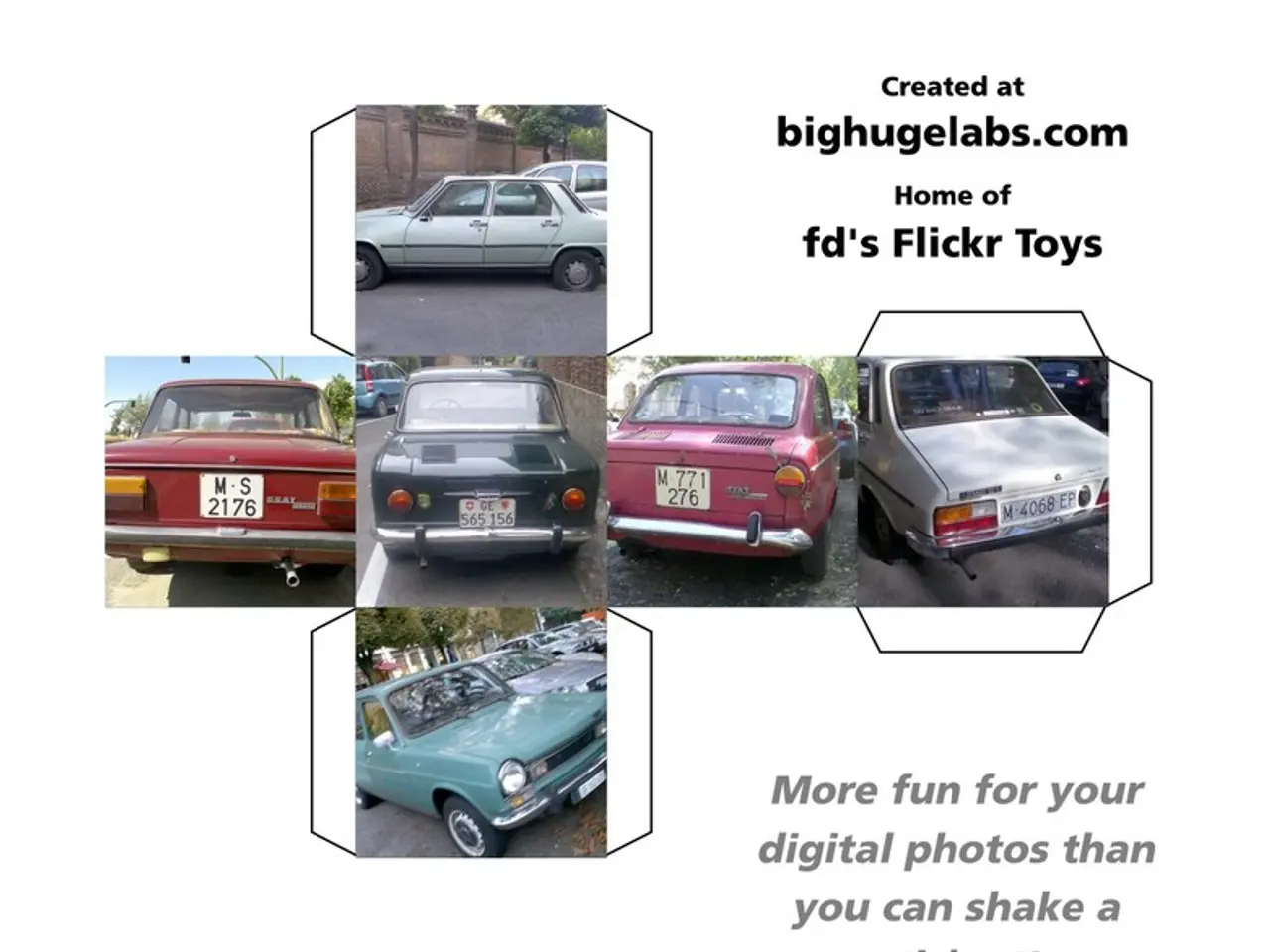Redefining the Driving Experience: Infotainment Systems Revolutionizing Vehicle Connectivity
As our world becomes increasingly interconnected, the automotive industry is not left behind in the race to advance technology. With the evolution of connectivity and infotainment systems, vehicles are becoming more integrated with the urban fabric, serving as hubs for interacting with smart city infrastructures. This transformation is set to redefine the automotive experience continually.
According to a technologist and auto enthusiast, this advancement presents an exhilarating challenge. Every journey could become an experience in its own right, with the relationship between driver, vehicle, and technology becoming more intertwined as we steer towards this future.
One of the key trends in this realm is the integration of generative AI into infotainment systems. Companies like Cerence are developing automotive-ready large language models (LLMs) that allow vehicles to understand and respond to human language with remarkable accuracy. This will transform how drivers interact with infotainment systems, making driving experiences more personalized, connected, and safer.
Another trend is the focus on personalization and contextual memory. Advanced infotainment systems, such as Mercedes-Benz’s MBUX with ChatGPT integration, offer personalized recommendations based on user behavior and contextual memory, enhancing interaction quality and usability.
Real-time AI and machine learning integration are also crucial. The incorporation of real-time data streaming and processing enables predictive maintenance and dynamic adjustment of in-car services, contributing to smarter infotainment and vehicle systems overall.
Faster edge AI processing and integration with 5G networks will facilitate vehicle-to-everything communication, enabling infotainment systems to access up-to-date information and cloud services seamlessly, enhancing navigation, media, and safety applications.
As we move forward, infotainment systems will increasingly interface with autonomous vehicle technologies and Advanced Driver Assistance Systems (ADAS), providing a cohesive experience where entertainment, navigation, and driver assistance are integrated under AI control.
Major automotive players, such as Hyundai with its PLEOS Connect system, are planning widescale deployment of AI-powered infotainment platforms, indicating that sophisticated, AI-driven in-car experiences will become standard in millions of vehicles by 2030.
In conclusion, future automotive infotainment systems will leverage machine learning and generative AI to provide highly interactive, context-aware, and personalized experiences, functioning as intelligent companions during travel and seamlessly connecting drivers to vehicle functions and the digital ecosystem around them. The path forward is rich with opportunities for enhancing connectivity and crafting infotainment systems that enrich our lives in motion.
The author's professional work includes consulting at DBGM Consulting, Inc., and personal engagement in the sphere of automotive innovations.
[1] Cerence. (2021). Automotive-Ready Large Language Models (LLMs) for Voice-First Applications
[2] Kafka. (2020). Real-time Data Streaming for Autonomous Vehicles
[3] Flink. (2021). Real-time Stream Processing for Autonomous Vehicles
[4] Apache. (2020). Apache Kafka and Flink for Real-time Data Streaming in Autonomous Vehicles
[5] Hyundai. (2021). Hyundai's PLEOS Connect System: AI-Powered Infotainment for the Future
In this transition, smart-home devices and gadgets could potentially be integrated with the growing AI-driven infotainment systems in vehicles, creating a seamless extension of one's personal space into the automobile.
The incorporation of artificial-intelligence into the automotive industry will not only revolutionize travel experiences but also trigger a wave of innovation across various technological sectors, such as real-time data streaming and machine learning, as advancements in connectivity and infotainment systems continue to evolve.




